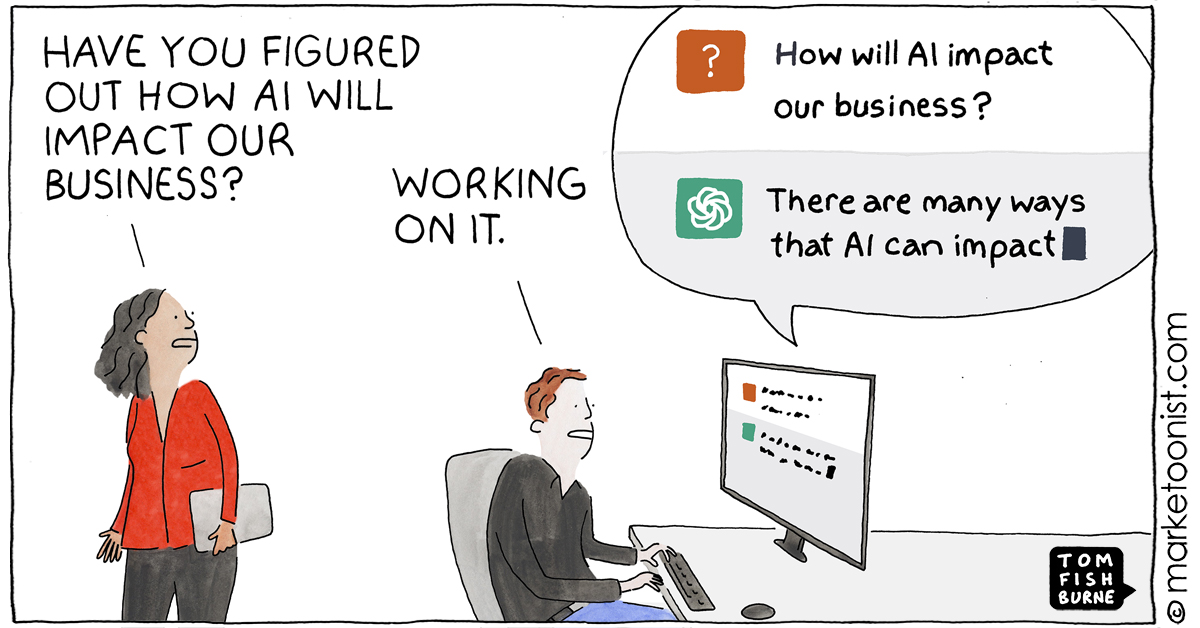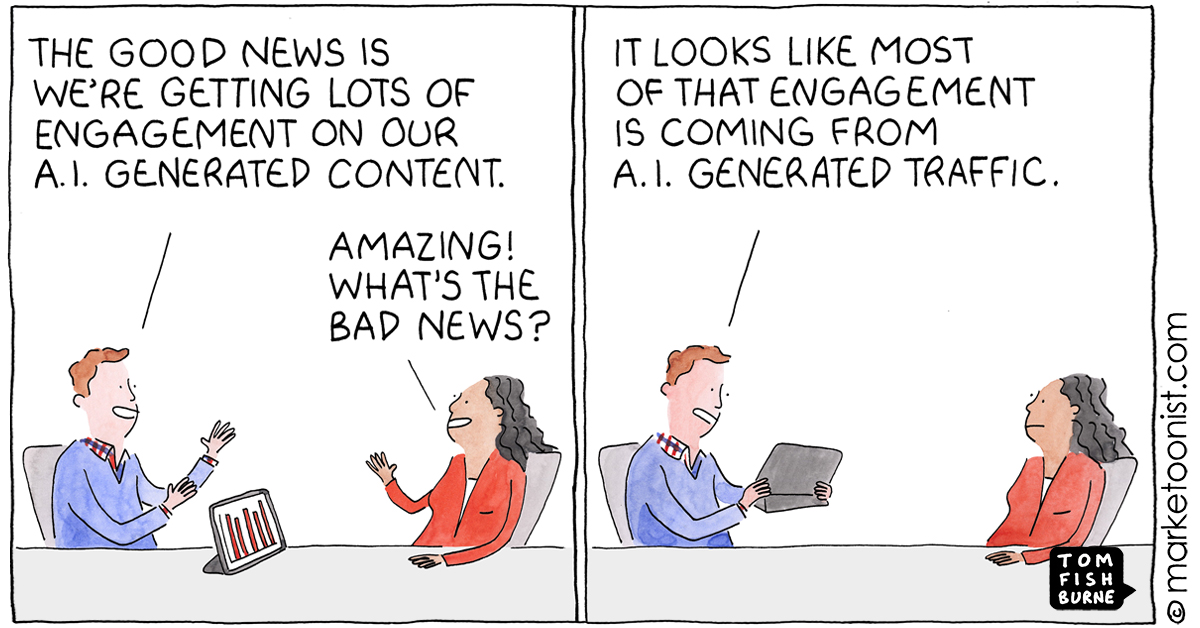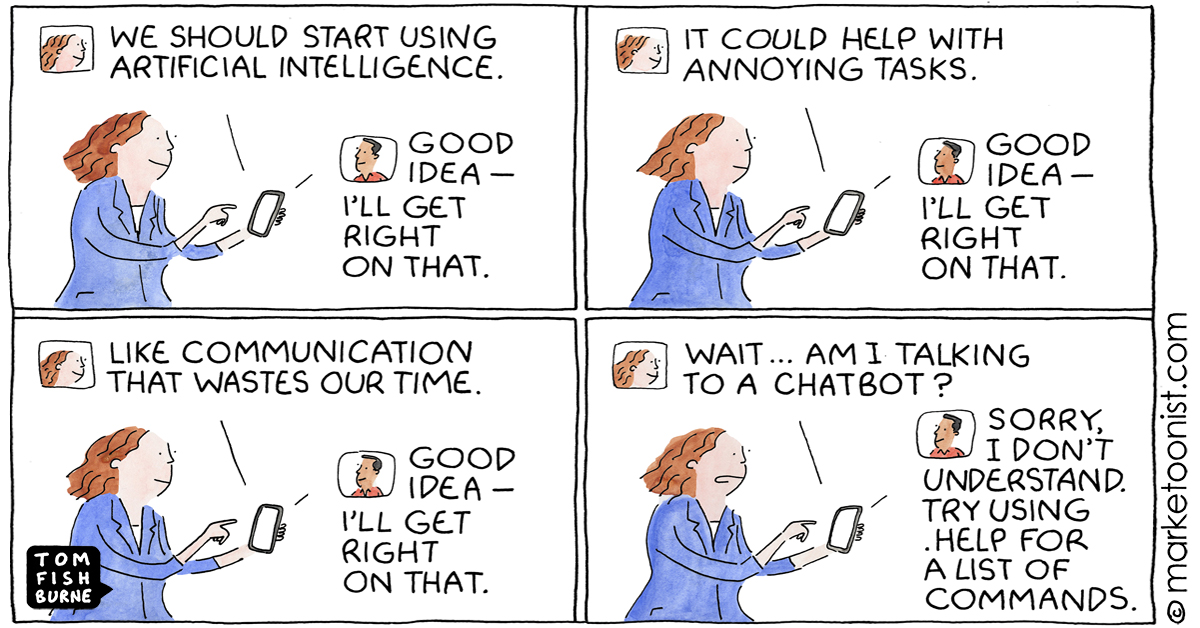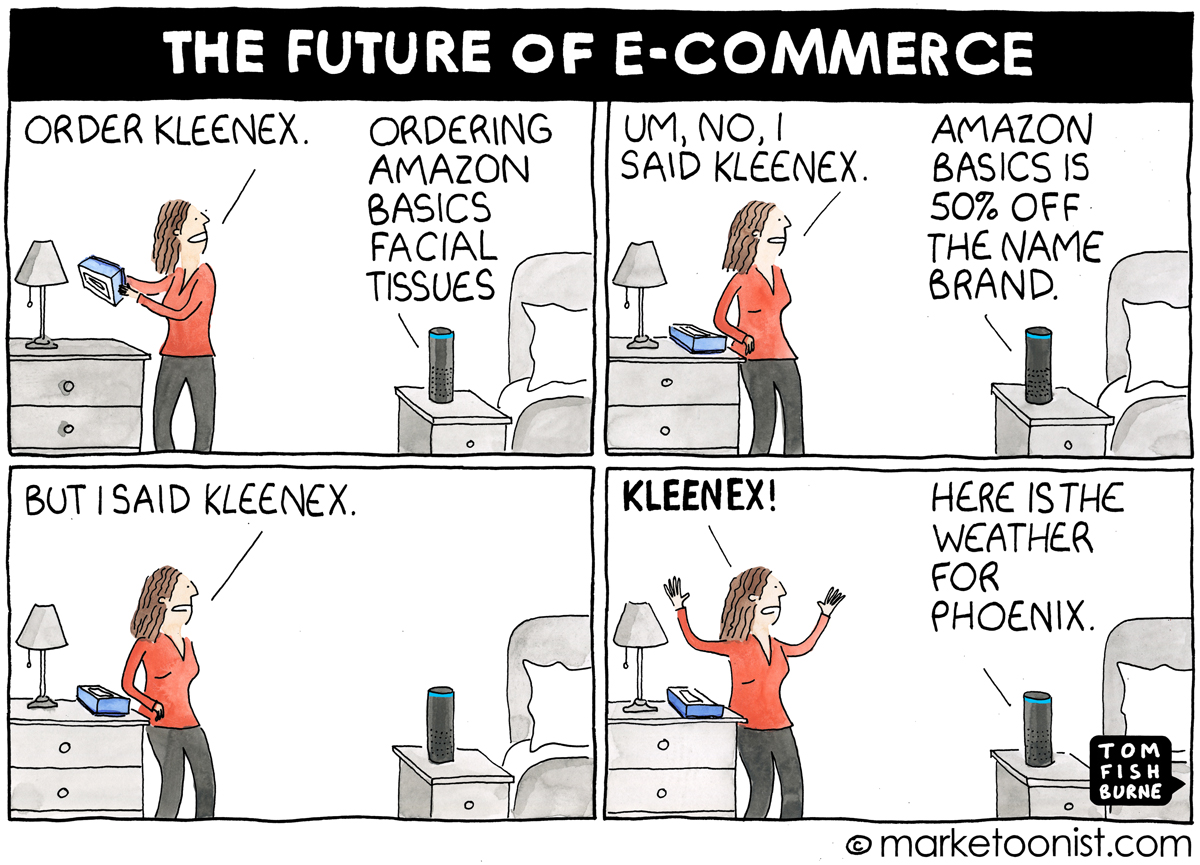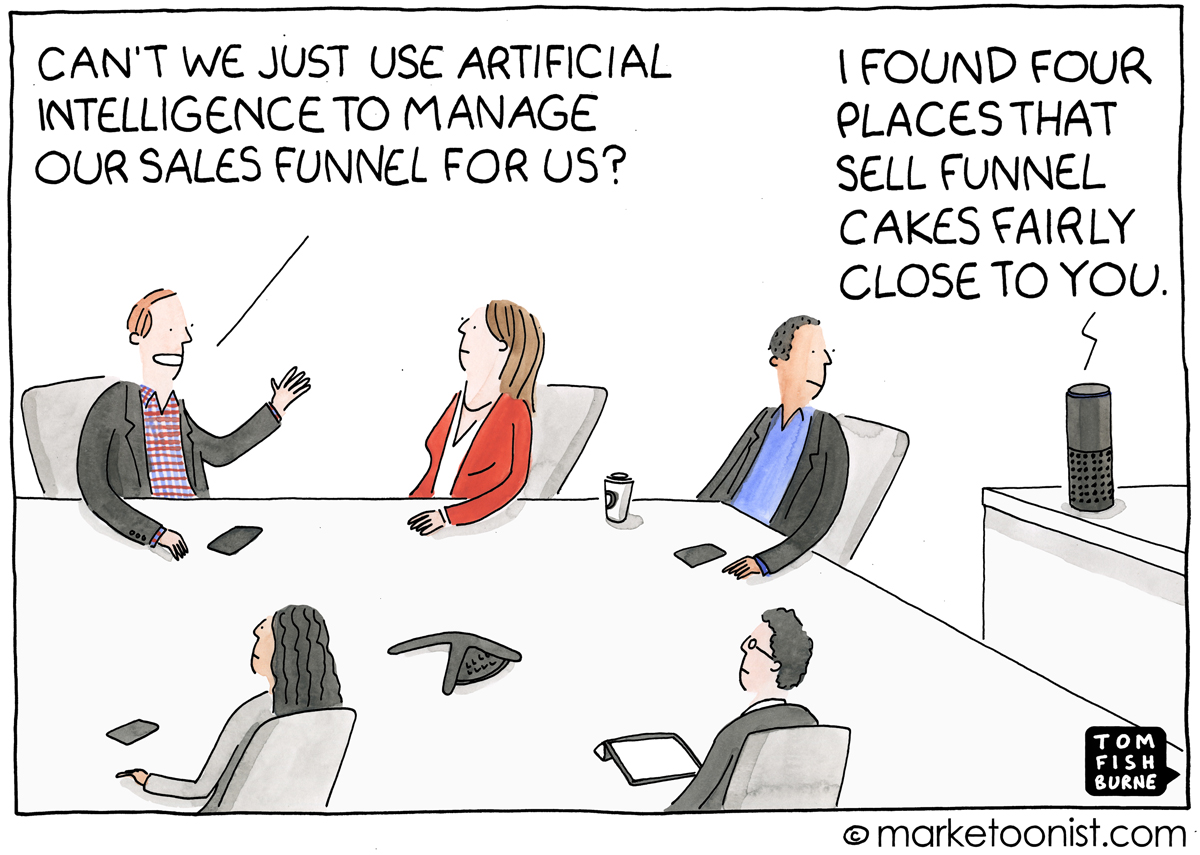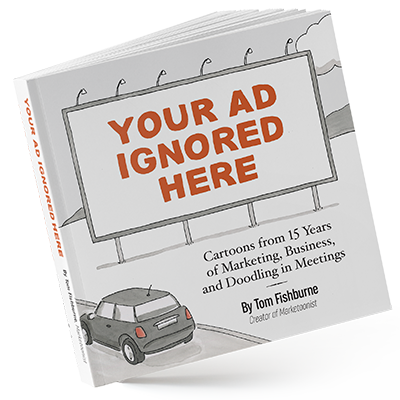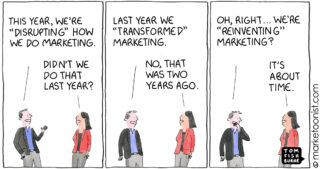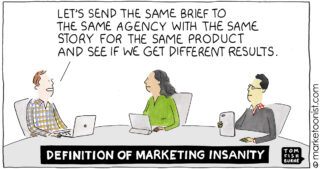On May 26, 1995, Bill Gates wrote the famous “Internet Tidal Wave” internal memo at Microsoft. This was a huge wake-up call for the desktop software company at the time. It immediately shifted priorities and resources for Microsoft to go after the nascent World Wide Web.
I thought of this “Internet Tidal Wave” moment when I came across a helpful analogy from Hubspot CTO Dharmesh Shah a couple weeks ago:
“Netscape was to the Internet what ChatGPT is to Artificial Intelligence.
“The Internet existed before Netscape. But the browser helped millions of mere mortals connect the dots on what could be done, and dream of what could be.”
We’re in an “AI Tidal Wave” moment now. In all the hype and hyperbole following the debut of ChatGPT, no one really knows the impact on work, business, creativity, and our lives. But we’re all now trying to connect the dots on what could be done and dreaming of what could be.
Ironically, it’s Microsoft again (albeit 30 years older) that is helping drive this AI Tidal Wave, as a principle backer of OpenAI, the company behind ChatGPT. Reports published this week reveal that ChatGPT will be integrated into Microsoft’s Bing, potentially giving Google Search its first meaningful competition in 20 years.
Another analogy I find useful in this moment comes from former US Treasury Secretary (and Aaron Sorkin’s Winkelvii nemesis) Larry Summers. In a Bloomberg interview last month, he described the potential of AI as:
“A kind of caddie that is going to augment our creativity, augment our capacities to bring knowledge to bear on what we do, augment our accuracy.”
I think the “caddie” analogy is a helpful way to think about AI, particularly in the short-term. The caddie doesn’t take the shot; the caddie helps the golfer take the shot. A lot of experimentation in AI will treat the caddie as the golfer. But in situations where everyone has access to the same AI, treating the caddie as the golfer can result in a sea of sameness — what P&G CMO Marc Pritchard described as the “content crap trap.”
Larry Summers’ overall prediction for the impact of AI is both exciting and frightening:
“Just as the printing press or electricity was a huge change because it was a general purpose technology, this could be the most important general purpose technology since the wheel or fire. And that is something we all are going to be changed by.”
Here are a few related cartoons I’ve drawn over the years:
